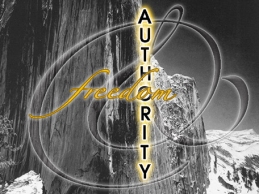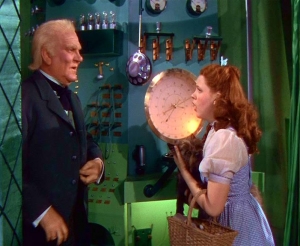 John Mark Hicks has posted a series of articles on the scriptural roots of communion, and he’s provided some very helpful observations. We begin with his article Breaking Bread in Luke-Acts VI: General Observations.
John Mark Hicks has posted a series of articles on the scriptural roots of communion, and he’s provided some very helpful observations. We begin with his article Breaking Bread in Luke-Acts VI: General Observations.
The church continues the ministry of Jesus. … Jesus sat at table with saint and sinner, insider and outsider. … [They] continued this practice–they broke bread as a community and with outsiders. The church continues to break bread on the ground of what Jesus did, not on the ground of what the church did.
It’s a mistake to view the bread-breaking passage as being all about a Sunday morning ceremony. We best remember Jesus by living as Jesus lived, which includes sharing table fellowship with saints and sinners. This is love. Continue reading
Filed under: Uncategorized | Tagged: breaking bread, communion, Eucharist, John Mark Hicks, Lord's Supper | 27 Comments »


 I received this question from a reader —
I received this question from a reader —
